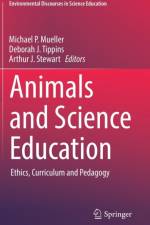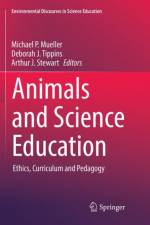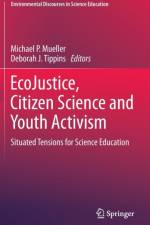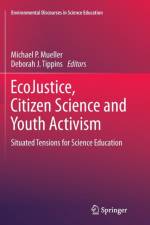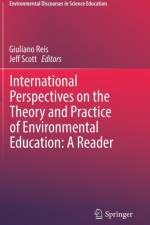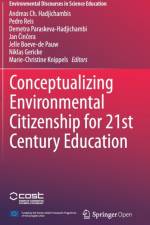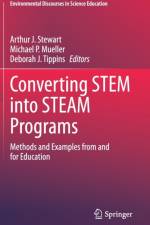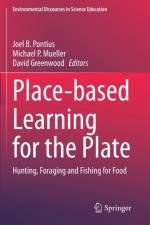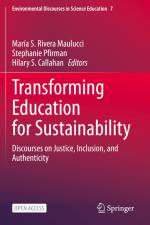von María S. Rivera Maulucci, Hilary S. Callahan & Stephanie Pfirman
40,00 €
This book investigates how educators and researchers in the sciences, social sciences, and the arts, connect concepts of sustainability to work in their fields of study and in the classrooms where they teach the next generation. Sustainability, with a focus on justice, authenticity and inclusivity, can be integrated into many different courses or disciplines even if it is beyond their historical focus. The narratives describe sustainability education in the classroom, the laboratory, and the field (broadly defined) and how the authors navigate the complexities of particular sustainability issues, such as climate change, water quality, soil health, biodiversity, resource use, and education in authentic ways that convey their complexity, the sociopolitical context, and their hopes for the future. The chapters explore how faculty engage students in learning about sustainability and the ways in which working at the edge of what we know about sustainability can be a significant source ofengagement, motivation, and challenge. The authors discuss how they create learning experiences that foster democratic practices in which students are not just following protocols, but have a stake in creative decision-making, collecting and analysing data, and posing authentic questions. They also describe what happens when students are not just passively receiving information, but actively analysing, debating, dialoguing, arguing from evidence, and constructing nuanced understandings of complex socioscientific sustainability issues. The narratives include undergraduate student perspectives on what it means to engage in sustainability research and learning, how students navigate the complexities and contradictions inherent in sustainability issues, what makes for authentic, empowering learning experiences, and how students are encouraged to persevere in the field.This is an open access book.

